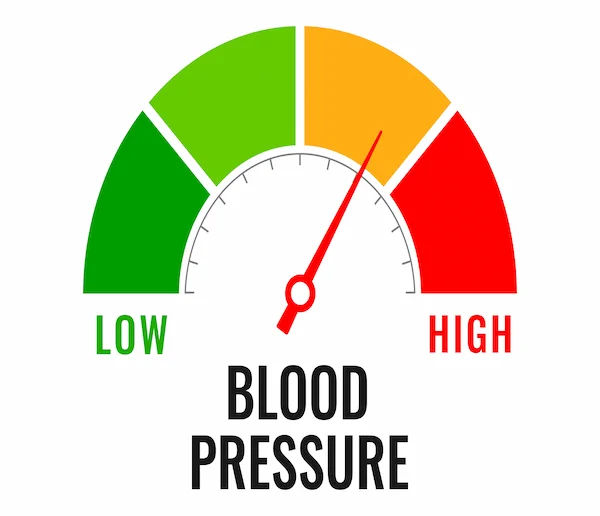- Female
- 54 Years
- 20/02/2025
I'm a 54-year-old woman and recently had an episode of atrial fibrillation that corrected itself. Now my echocardiogram shows I have a mild leaky aortic valve with some regurgitation. Should I be worried about this? How serious is it really?
Answered by 1 Apollo Doctors
Mild aortic valve regurgitation is generally not a cause for concern and may not require treatment. However, it is important to monitor it regularly to ensure it does not worsen over time. In some cases, medication such as ACE inhibitors or ARBs may be prescribed to help manage symptoms. It is recommended to follow up with your healthcare provider for further evaluation and management.
Dr. Ibrahim Suggests...
Consult a Cardiologist
Answered 04/07/2025
0
0


Ask Apollo
AI powered Health Chatbot
-
Understanding Mild Aortic Valve Regurgitation
- Mild aortic valve regurgitation means the valve leaks slightly, allowing some blood to flow backward. It often doesn't significantly affect heart function initially.
-
Relationship Between Atrial Fibrillation and Valve Issues
- Atrial fibrillation can be related to valve problems, potentially increasing the heart's workload. Monitoring both conditions is important for heart health.
-
Potential Symptoms and When to Seek Help
- Watch for symptoms like fatigue, shortness of breath, or palpitations. Seek medical attention if these symptoms worsen or become frequent.
-
Monitoring and Follow-Up
- Regular check-ups and echocardiograms are crucial. Your cardiologist will monitor changes in valve function and heart rhythm over time.
-
Treatment and Lifestyle Considerations
- Treatment may not be necessary unless the condition progresses. Maintain a heart-healthy lifestyle with a balanced diet, regular exercise, and avoiding smoking.
-
Prognosis and What to Expect
- Mild regurgitation often has a good prognosis with proper monitoring. Most people manage well without significant lifestyle changes.
-
When to Consult a Specialist
- Consult a cardiologist if symptoms change or if advised by your primary care doctor for further evaluation or intervention.
Recommended next steps
Consult a Cardiologist
Answered 10/09/2025
0
0
More Cardiology Health Queries
View allI'm wondering if a blood pressure reading of 78 over 140 is normal or if its on the high side. Should my dad see a doctor or maybe start some medication? Just to mention, he was feeling a bit under the weather with a common cold when the doctor measured this.
A blood pressure reading of 14078 is considered elevated and may indicate hypertension. It is advisable for your father to consult a healthcare professional for further evaluation and management. Depending on the assessment, the doctor may prescribe medications such as Losartan 50mg once daily to help lower the blood pressure. It is important to follow up with the doctor for monitoring and adjustment of the treatment plan as needed.
Answered by 1 Apollo Doctors
I've been keeping an eye on my blood pressure lately, and it's been around 140100. I've noticed I'm getting headaches more frequently. Should I be worried about these numbers or the headaches? Is this something I need to get checked out or change in my routine? Any advice would be really helpful.
A blood pressure of 140100 is considered high and can contribute to headaches. I recommend you start taking Amlodipine (brand name Norvasc) 5mg once daily to help lower your blood pressure. Additionally, you can take Acetaminophen (brand name Tylenol) 500mg for your headaches as needed, up to 3 times a day. Remember to monitor your blood pressure regularly and make lifestyle changes such as reducing salt intake and increasing physical activity.
Answered by 1 Apollo Doctors
I'm a bit worried because my pulse rate is 128 beats per minute under normal circumstances. Do you think I should see a doctor for this? Any advice would be really appreciated!
consult cardiology diologist and take ecg
Answered by 1 Apollo Doctors
Disclaimer: Answers on Apollo 247 are not intended to replace your doctor advice. Always seek help of a professional doctor in case of an medical emergency or ailment.




.webp)